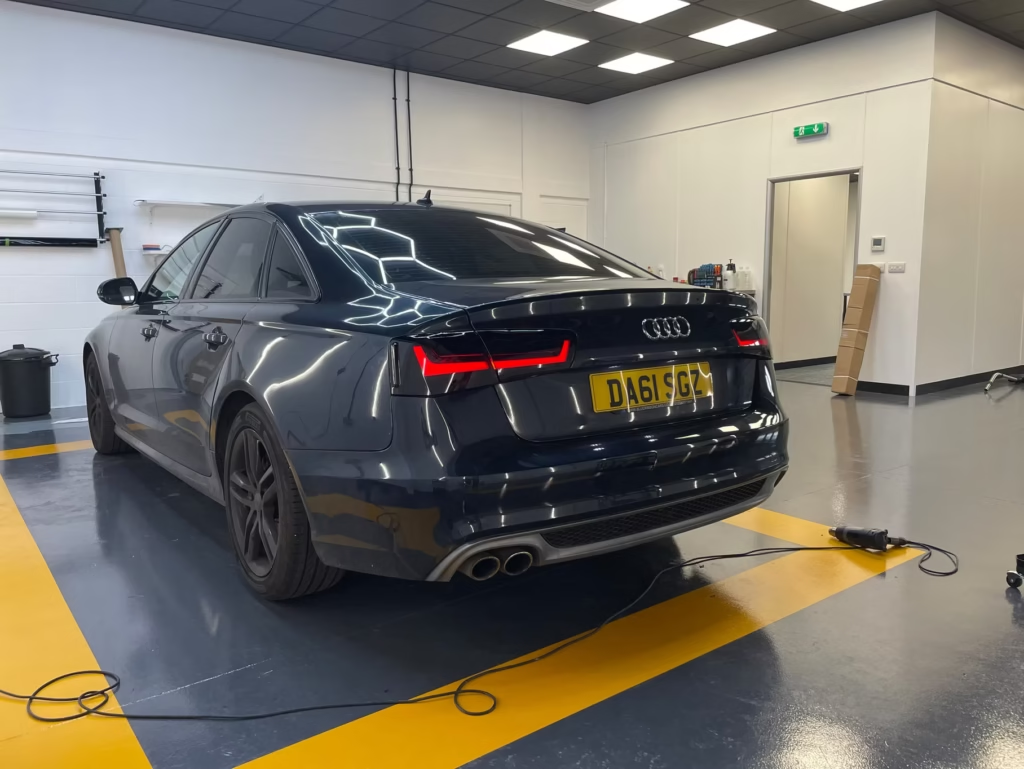// Spring Budget Reveals Fuel Duty Freeze Extension

Motorists would be justified for feeling penalised over the last year, with fuel prices soaring at the same time as the state of Britain’s roads have been deteriorating.
However, the government recently announced its plans to extend the fuel duty cut for another 12 months, helping drivers to pay for their petrol or diesel.
The chancellor of the exchequer Jeremy Hunt published the Spring Budget last week (March 15th), revealing the 5p fuel duty cut will remain in place for a further year.
The fuel duty cut was initially introduced in March 2022 by the then chancellor Rishi Sunak after prices at the pumps began to surge following the war in Ukraine.
At the time, the government anticipated it would save motorists £2.4 billion over the year collectively, by reducing the cost of each litre of fuel by 5p.
According to the RAC, this could now save drivers £3.30 every time they use the pumps, amounting to £6 billion a year, This Is Money reported. It means tax will remain at 52.95p per litre, and represents the 13th consecutive year fuel duty has been frozen.
Head of roads policy at RAC Nicholas Lyes said the decision to maintain the fuel duty reduction has been welcomed.
“The cut has given drivers some much-needed relief in what has been the most torrid year ever at the pumps, with price records being broken even after duty was cut,” he stated.
Mr Lyes added that duty needs to be kept low now to help fight inflation, particularly as so many businesses rely on vehicles these days.
Indeed, AA president Edmund King emphasised the importance of providing relief for those behind the wheel, stating: “Drivers are out of the hurricane, but are still being lashed by the cost-of-living storm.”
Therefore, he noted that adding unnecessary financial pressure in the form of increased fuel duty would be “detrimental” to the economy, as logistics firms and deliveries would begin to suffer.
Freezing fuel duty wasn’t the only thing the government announced in the Budget to help motorists, as it pledged £200 million to repair potholes across the country.
However, Mr Lyes said this amount of money is “unlikely to make a big difference to the overall quality of our dilapidated local roads”.
He called for the government to increase the amount set aside for local roads, so councils can properly resurface them rather than doing patch-up jobs. There was just £1.125 billion spent on local roads in 2022, in comparison with £7 billion the year before, even though there are considerably more of the former in the UK.
This will be of particular interest to drivers with automotive styling, as they wouldn’t want any damage to their stylised car. Potholes can cause considerable problems to cars, including puncturing tyres, tread separation and sidewall bulges.
Potholes can also cause scrapes to wheel rims, which will have to be repaired. Any larger cracks, such as missing chunks, will render the wheel unusable and it will need replacing.
The wheel may also become bent or out of shape, while low-hanging bumpers, side skirts and exhaust pipes can be scraped or torn by potholes. Sports cars that are low to the ground can even experience scratches to their bodywork.
Looking for the top Vehicle Wrapping and Modification specialists in Yorkshire?
Get in touch with us today to see how we can help.



